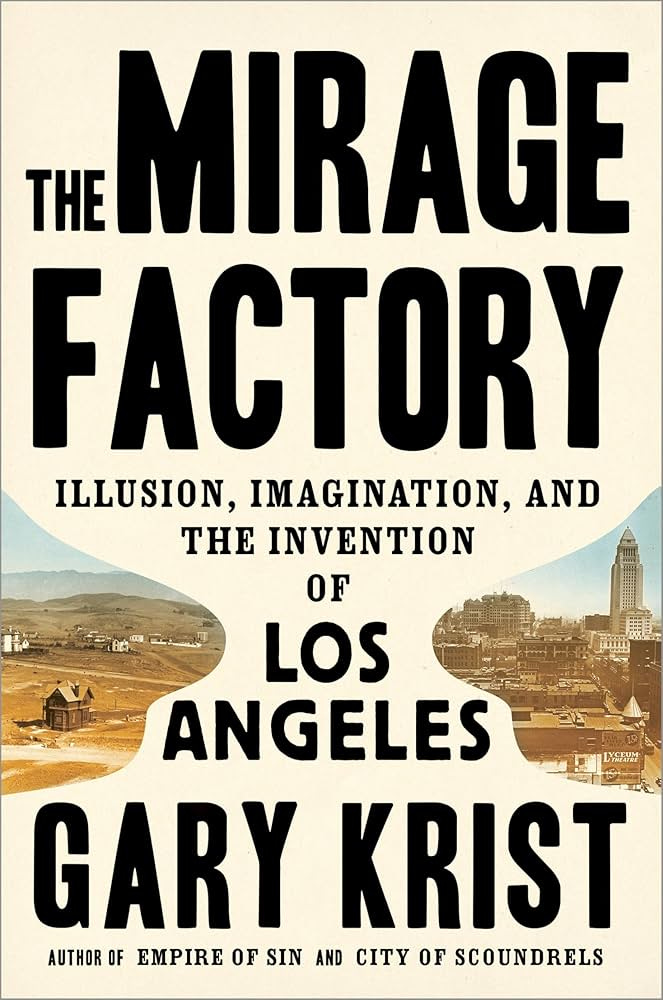Urban life, food monotony
We've lost something important in our move to cities, but we can get it back.
Note: I recently returned from a rejuvenating vacation in LA. I'm back in Brooklyn and planning lots of fun recipes for this summer and the rest of the year. In the mean time, here are some thoughts on why I'm doing what I'm doing.
The first year I moved to New York City, I produced some beautiful exhales. I reveled in the anonymity of this vertical city. I love it here because it's where I feel like I can be my truest self. To me, the sacrifices — it's expensive, stressful and dirty — are worth it.
Of course, I'm not alone. Lots of people have moved to cities. I've been interested in urbanization for a long time, because I love being in cities, and because it's such a pervasive, consequential phenomenon in human history. The rise of agriculture and the move to cities — I think these were the two big seismic shifts in human history. (What will be the third be? It's either fun or terrifying to imagine!)
Living in cities has enriched so many people's lives, in quantifiable ways and non-quantifiable ways. How about in our food lives?
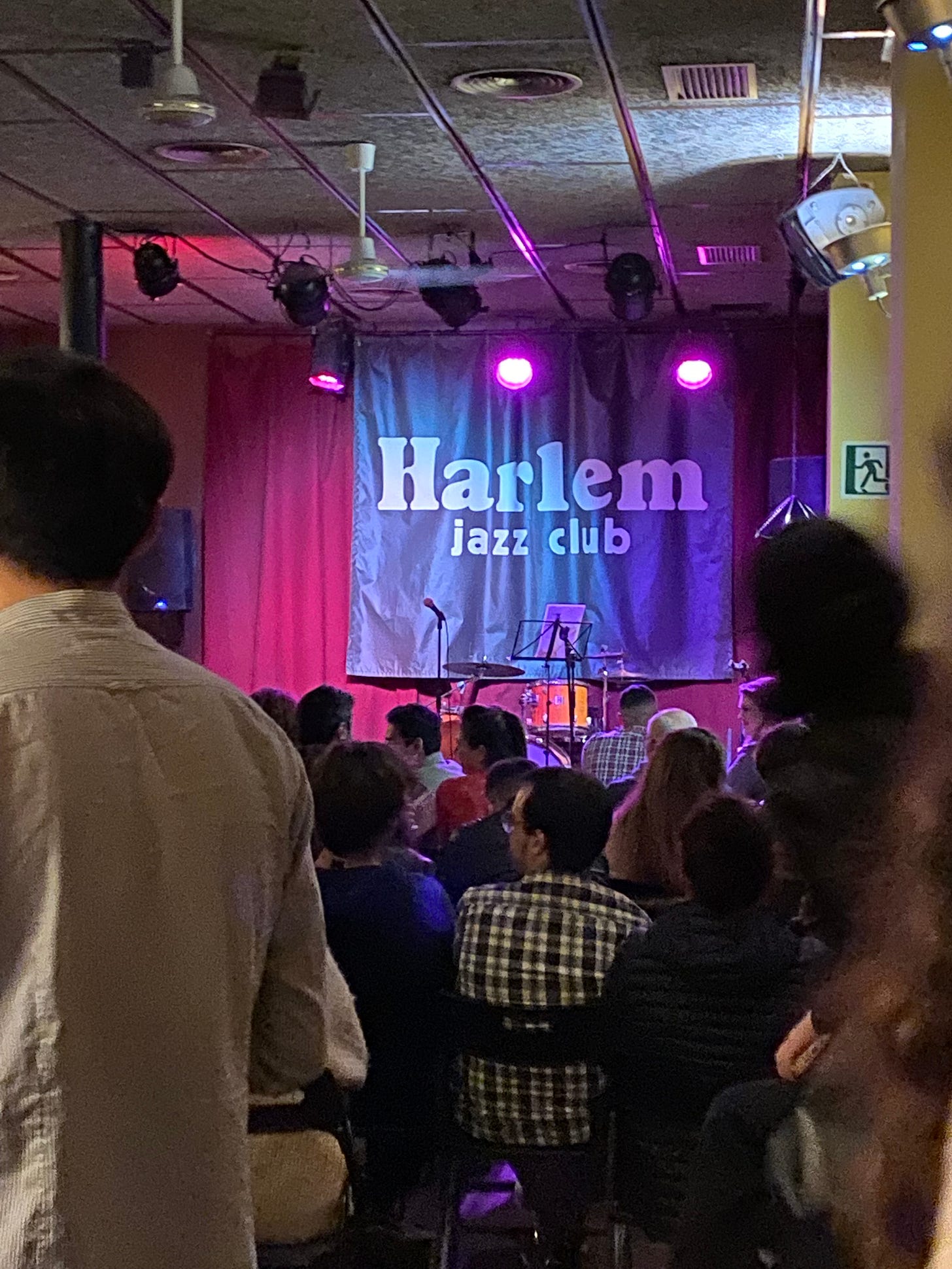
Unfortunately, as we’ve collectively moved to cities around the world and our people experiences have widened, our food experiences have narrowed.
Urbanization — and the other -tion that goes hand in hand with it, industrialization — have made our diets more monotonous and less nutritious. We emphasize producing fewer foods in larger quantities, which has wreaked havoc on the planet, our bodies and the livelihoods of farmers and food producers.
The maddening thing is: industrialization has succeeded in delivering food to huge numbers of people cheaply, but it’s failed to do this efficiently.
We generate insane amounts of food waste — about 40 percent of the food we produce in the US is waste. And billions of people continue to face food insecurity or even full-on famine.
I think these losses and failures are linked to the steady, relentless consolidation of the food supply chain, from beginning to end. We suffer a dangerous loss of diversity/variety as a result of it.
Here are some snapshots that offer a window into the consolidation that pervades the entire length of the food supply chain:
Just 1 percent of the world’s largest farms now operate 70 percent of the world’s farmland.
In an Atlantic article about consolidation in the grocery industry, the journalist Eric Schlosser, who wrote Fast Food Nation, writes: “A handful of companies now control the food system of the United States, stifling competition in ways not seen since the great trusts and monopolies of the late 1890s.”
PepsiCo controls 88 percent of the dip market (Stay tuned for an upcoming newsletter where I make tasty, climate-smart dips!)
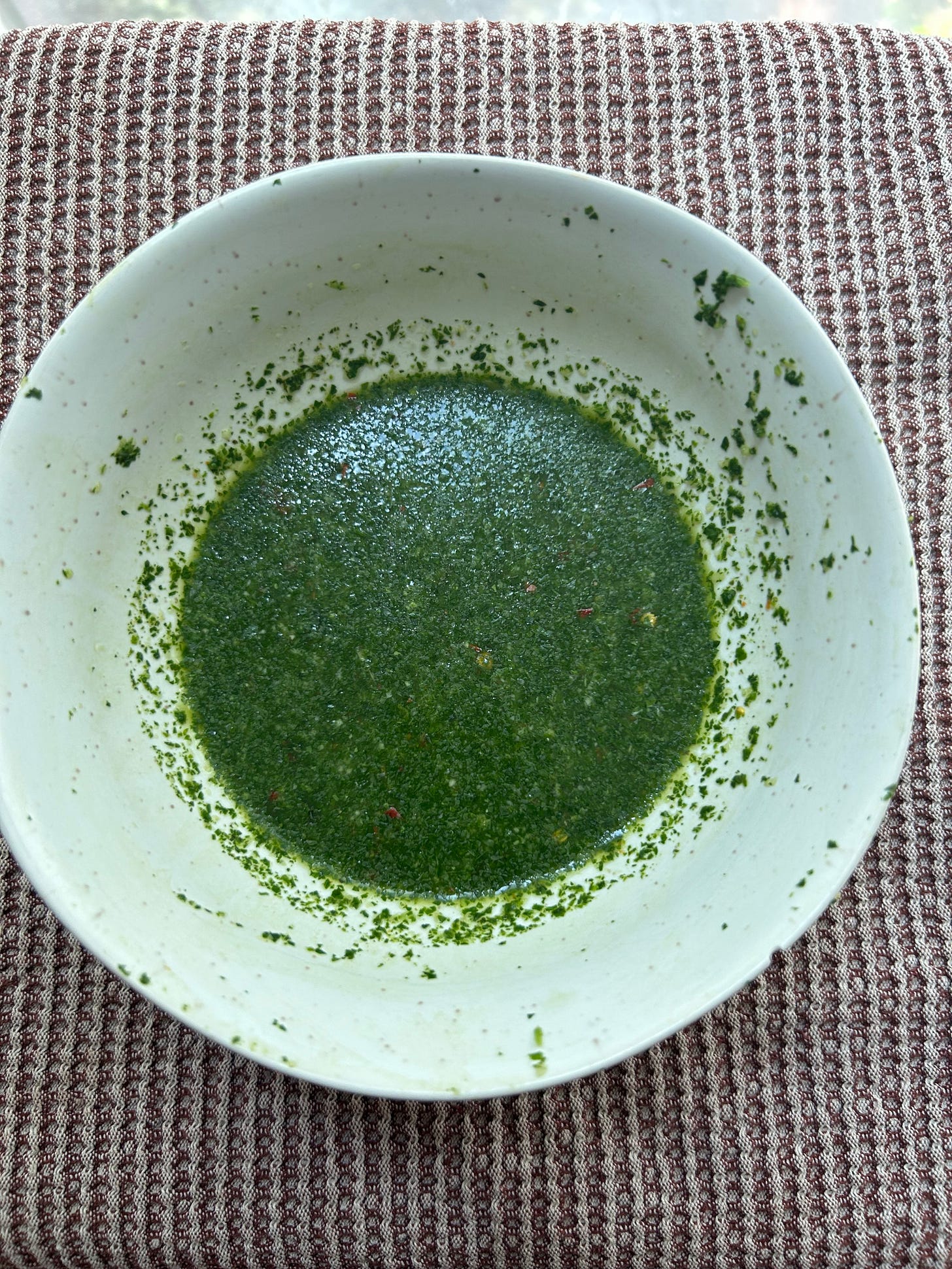
All this corporate consolidation — this emphasis on economies of scale — leads to monotonous diets. We (the world over) derive about half of our calories from just three sources: rice, corn and wheat. (Here’s a fascinating deep dive from Bloomberg on this topic: “How Changing Diets Leave Us Exposed to War, Extreme Weather and Market Turbulence”).
I started this newsletter writing about the collective move to cities to counter a narrative I often hear when these challenges come up, which romanticizes the village and the farm and ignores the downsides of rural places, especially for people in marginalized groups.
In cities, people meet different types of people, encounter new ideas, are perhaps more open to change. As city-dwellers, we have agency in transforming our food systems so that they work with rather than dominate the environment, so that they produce food that’s better, more varied and more exciting for us.
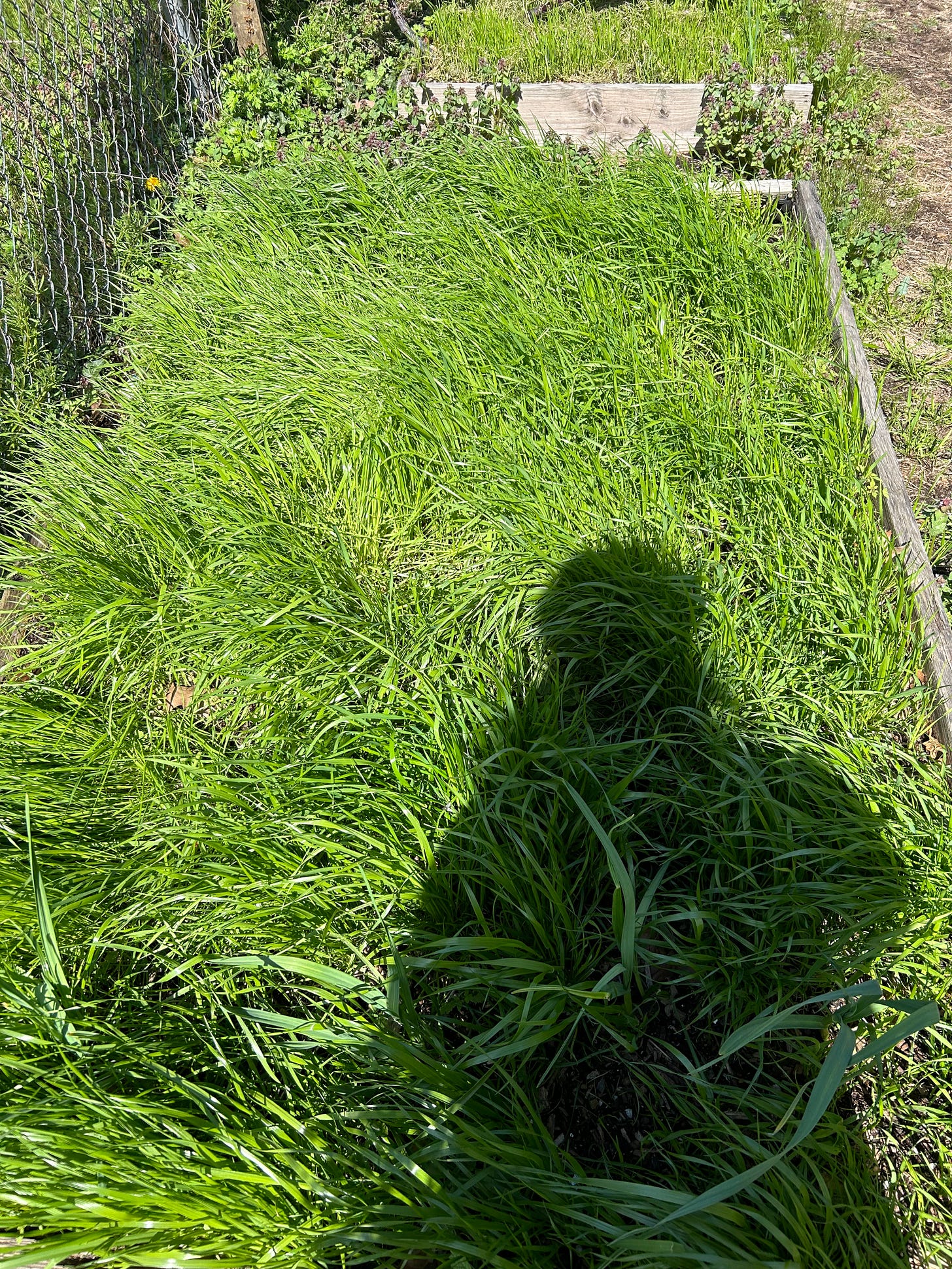
One important and elegant solution to all this is to eat more of the foods that have dwindled due to urbanization/industrialization. They’re all out there, we just have to rediscover them.
That’s my mission here: to highlight new-to-us, climate-smart foods that resist the flattening of our food systems and star in delicious, nutritious meals to feed ourselves and our families.
In coming newsletters, I’ll be doing just that. Stay tuned!
Other things on my mind:
An LA edition!
Hacks

Hacks is about women working hard to succeed via their creativity. It fires me up to do the same.
The way urbanization went down in Los Angeles is distinct from other American cities, and distinctly American. Very interesting book about the city.
LA pics


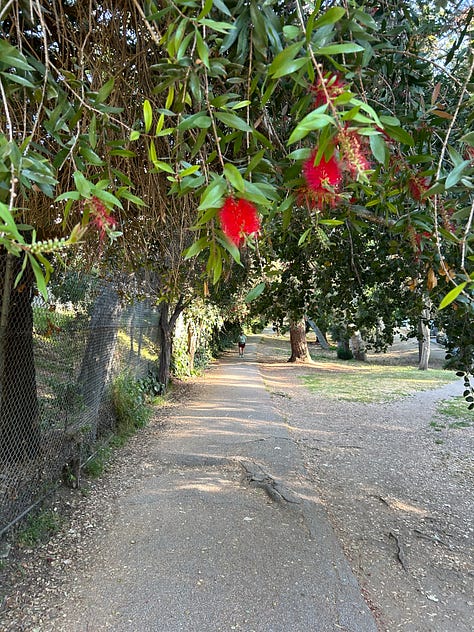
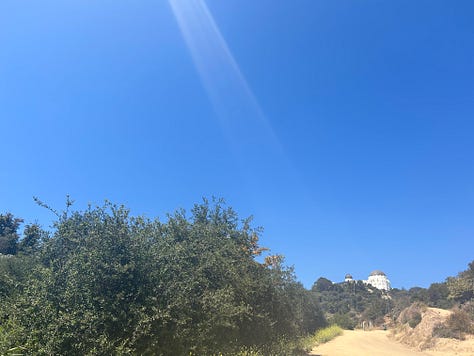
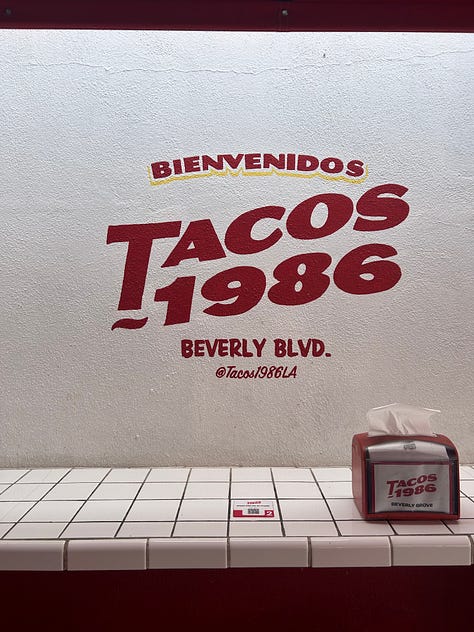
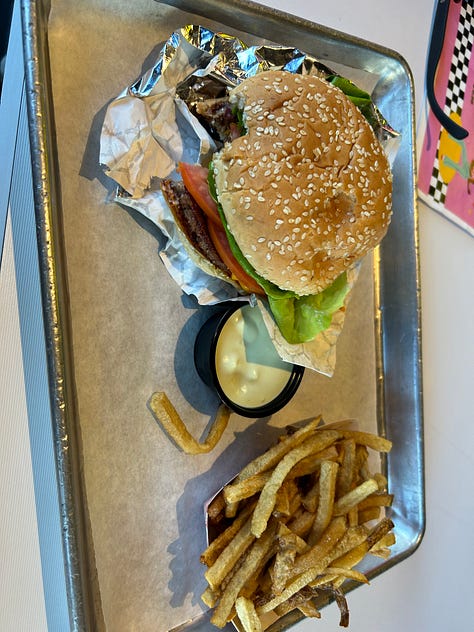



Thank you for reading and please share with a friend who might enjoy reading this newsletter too!





